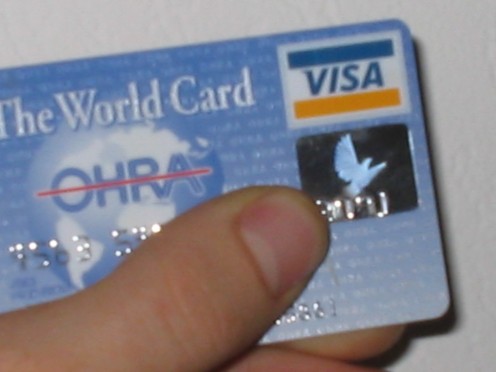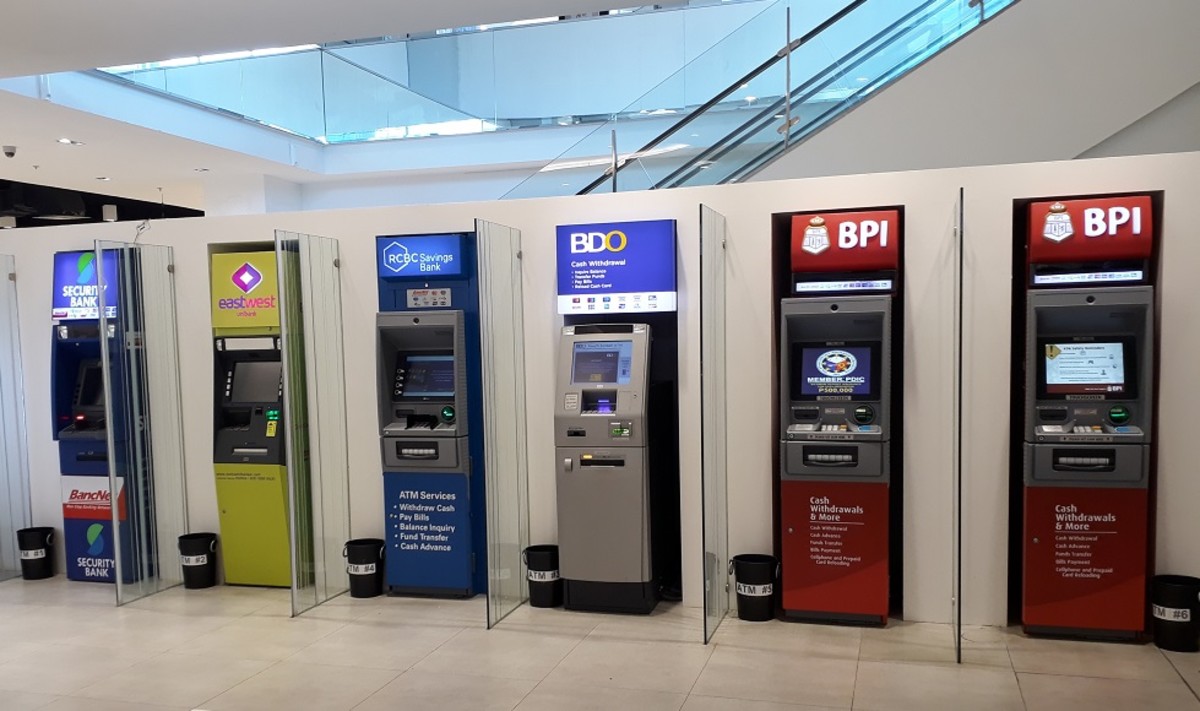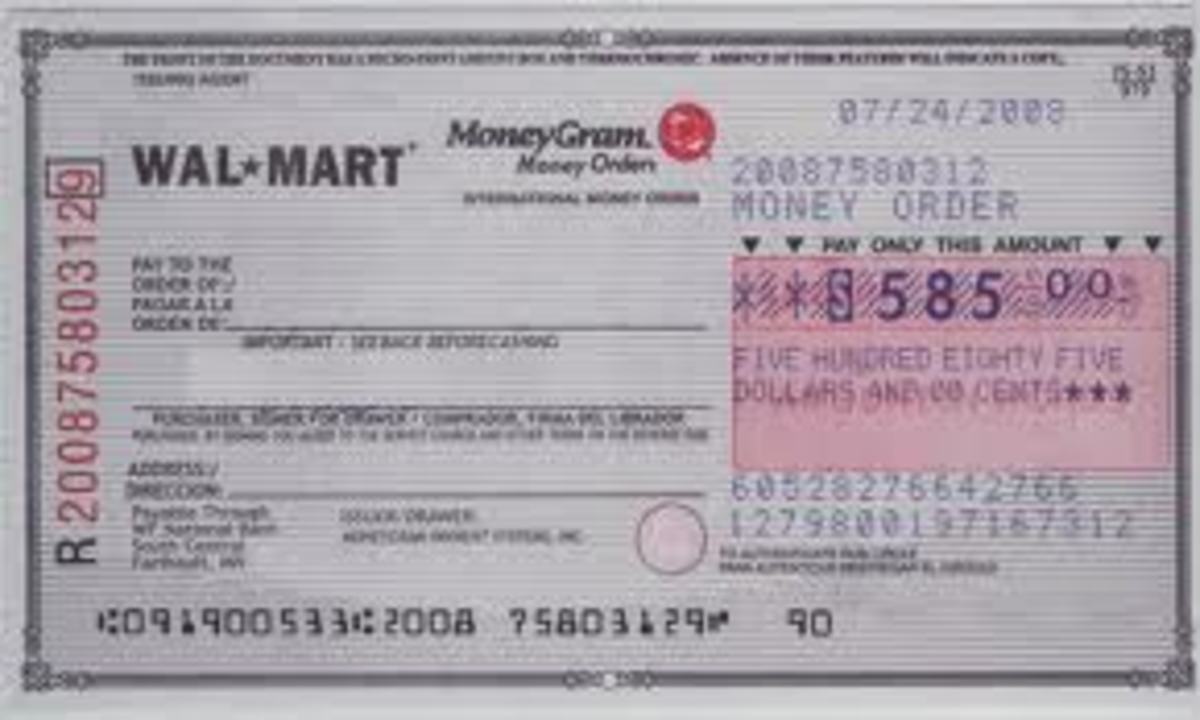Pin or Pen - Is a signature more secure than a four digit number?
Just a few decades ago, everyone paid their bills with cash and no other method had been heard of except maybe a charge account at the local store. These days it's a different story with most retail transactions being made with the use of debit or credit cards.
There are two different ways of paying with a card - by using a PIN (Personal Identification Number) of four digits or signing a slip of paper.
Of course each way has its pros and cons and the banks have been trying to sell us on one or the other for several years now. Some people claim signing is both easier and harder to copy while others claim that a PIN is much more secure. The real question is - which one is really better?

Will you choose PIN or PEN when using your credit or debit card? Photo courtesy Michiel1972 on Flickr.
Signature Cards
A signature card, once signed involves the person making a copy of the signature each time they make a purchase with the card. Of course this has some drawbacks as well as some good points.
Pros:
- A person knows their own signature so it's easy to remember.
- A hand writing specialist can verify the signature.
Cons:
- A person who intercepts the card before receipt can place their own signature on the card.
- No signature is required for online purchases.
- Some stores no longer require a signature on signature cards for small purchases.
- A signature requires checking by a cashier who may or may not pay as close attention as is needed to check for forgeries.
Pin Or Pen?
PIN cards
A PIN is a four digit unique number either selected at random by the banking institution or selected by the card user. Many say that it is more secure.
Pros:
- Most cards only allow three attempts at the PIN number after which the card will no longer work until the bank checks security.
- A pin is verified by the bank, not by a cashier or teller.
Cons:
- Cannot be used for phone or online purchases.
- Once a person knows the number they need no other proof to purchase something with the card.
Problem
| PIN
| Signature
|
|---|---|---|
Open to human error.
| √
| |
Can be used by anyone who knows it.
| √
| |
Has to be be set up upon receipt.
| √
| |
Easy to remember.
| √
| |
Is unique to the person.
| √
| |
Some form of security for all transactions, small or online.
| √
| |
Cannot be used for online or phone purchases.
| √
|
So which is better? Signature or PIN?
The choice is completely up to you - depending on your country, your financial needs and your bank, your choice may vary. The important thing is to make an informed decision about how you can access your money and how you can keep that money secure.
There is talk of removing signatures all together from cards and this has been implemented in some countries. However while both options are available it's important to choose the correct one for you.







